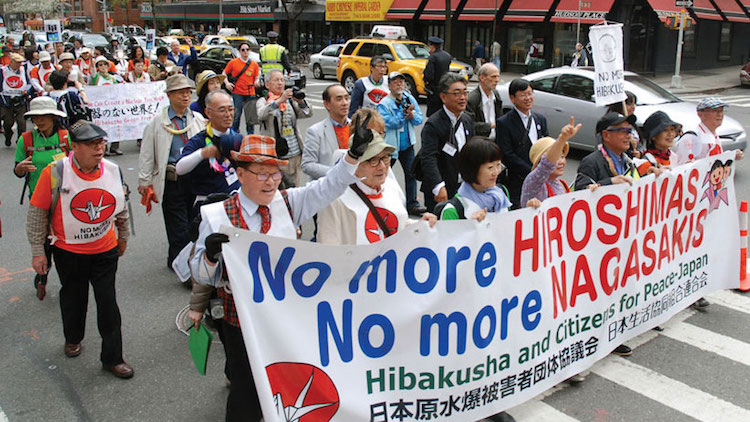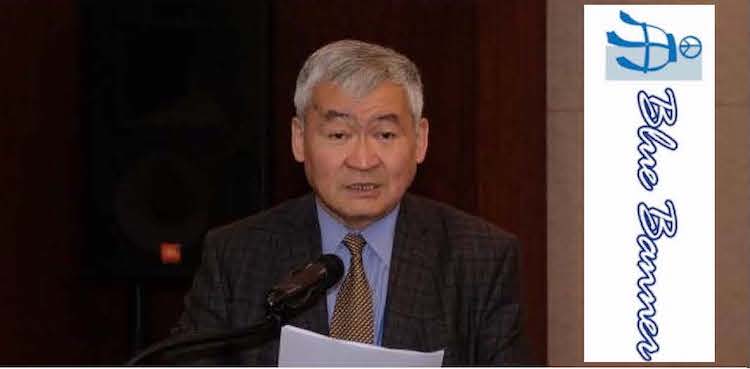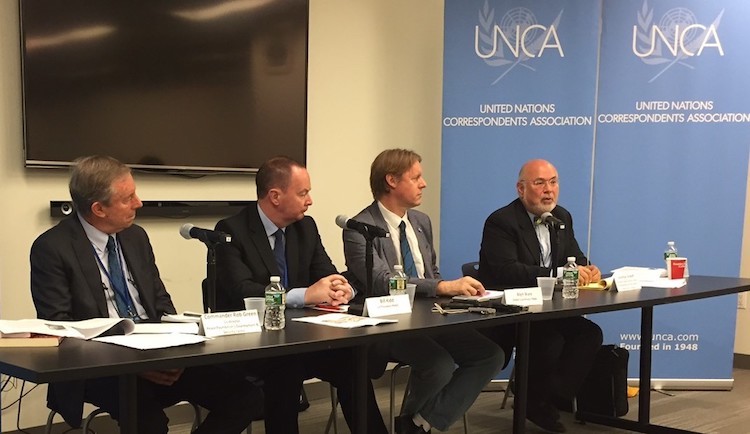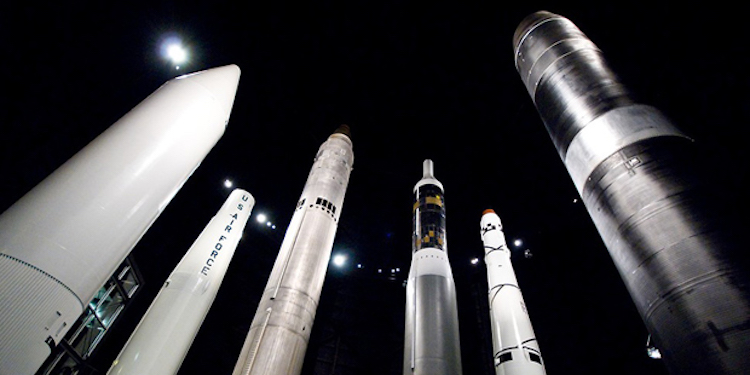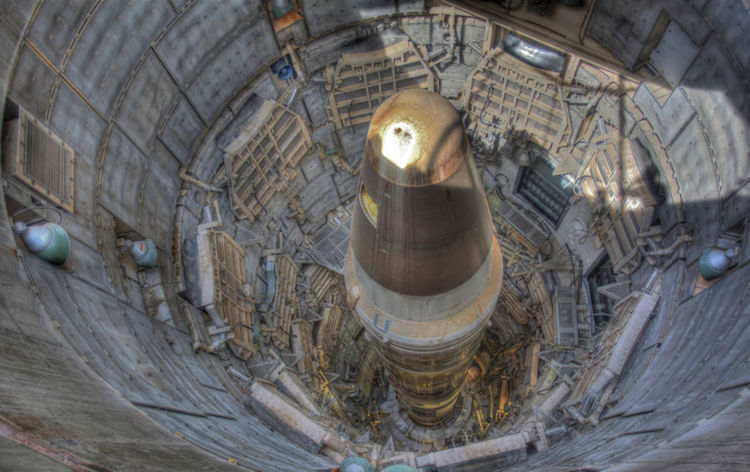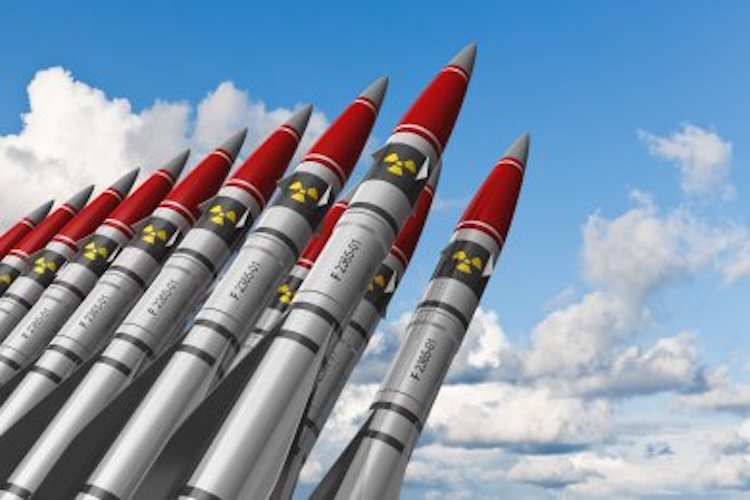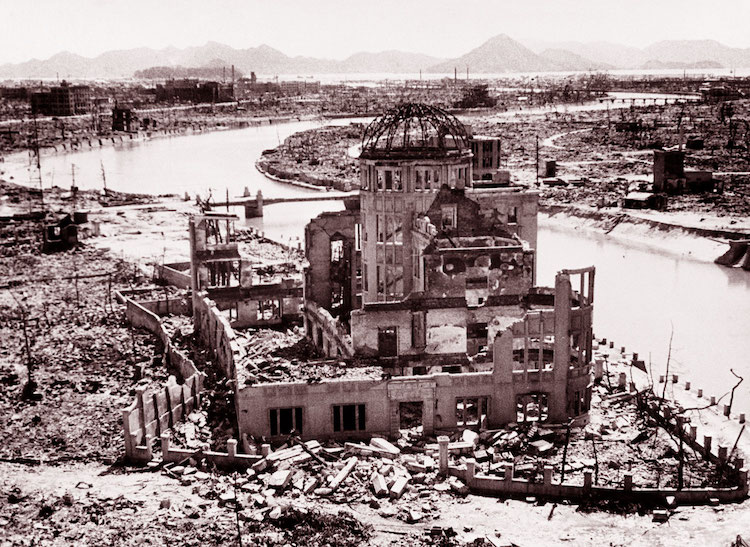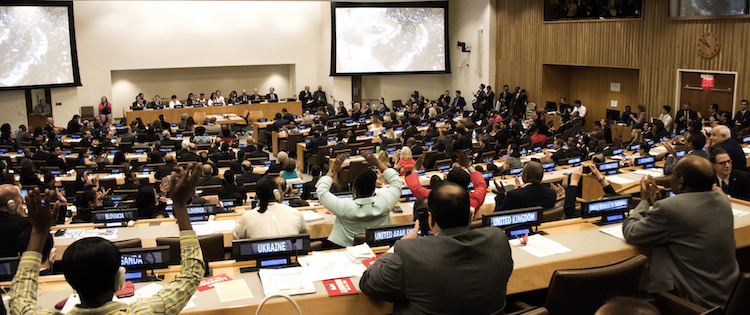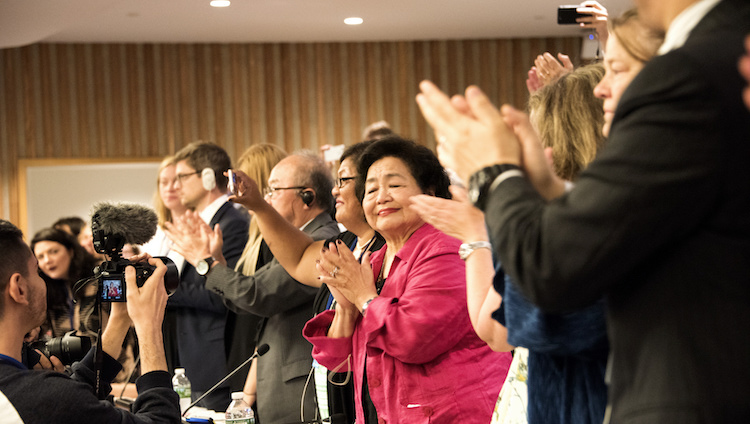By Somar Wijayadasa*
NEW YORK (IDN) – On July 7 2017, 122 member states of the United Nations voted to adopt a Treaty for the Prohibition of Nuclear Weapons. It is the first legally binding international agreement to comprehensively prohibit nuclear weapons that may eventually lead towards their total elimination.
All nine nuclear weapons states and the U.S. allies under its nuclear “umbrella” in NATO, Japan, South Korea, and Australia boycotted the negotiations. Netherlands attended the Conference but voted against the treaty, as it is a member of NATO.
The treaty emphasizes the catastrophic humanitarian consequences that would result from any use of nuclear weapons. It forbids participating states to develop, test, use, threaten to use, produce, possess, acquire, transfer, test or deploy nuclear weapons.

